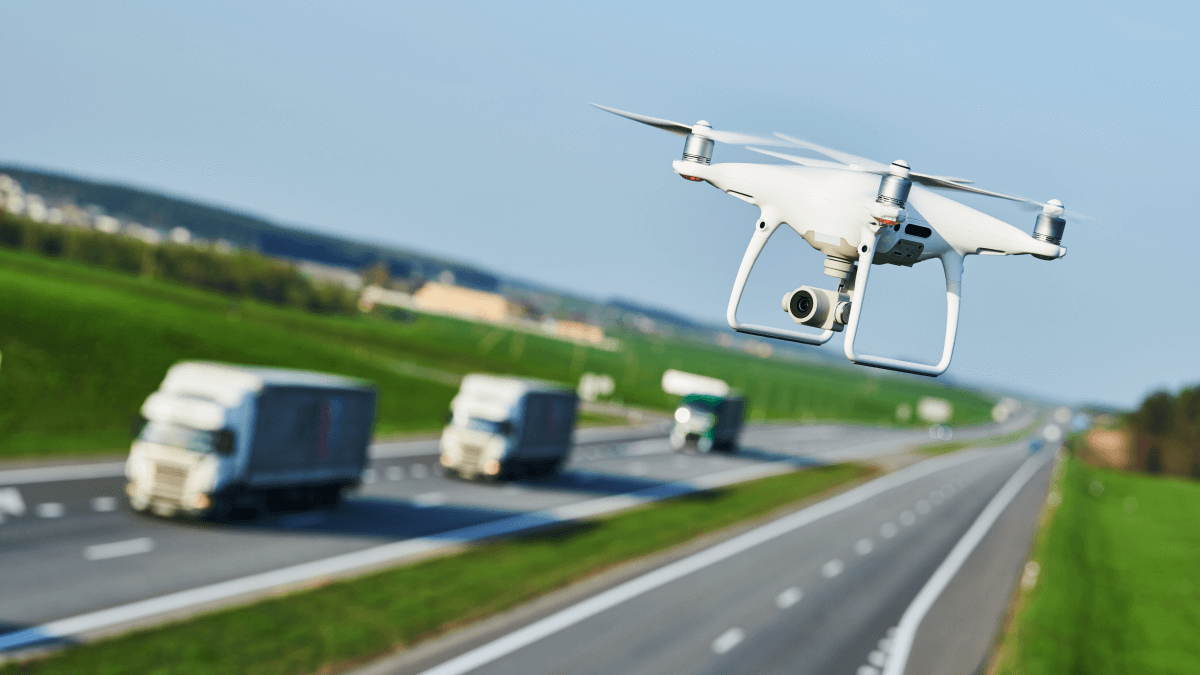A recent report from the Electronic Frontier Foundation (EFF) warns that U.S. police departments are increasingly experimenting with drones equipped with automated license plate reader (ALPR) technology. This development adds a new layer of surveillance capabilities to Drone as First Responder (DFR) programs already being adopted by law enforcement agencies.
Drones as ALPR Platforms
While ALPR systems are typically installed on fixed cameras or patrol vehicles, companies such as Flock Safety are now marketing drones that can scan and record license plates in flight. By using optical character recognition, these drones can automatically identify and log vehicle information—making ALPR an additional function beyond the drone’s primary task of providing real-time situational awareness for officers.
DFR programs do provide clear benefits, such as enabling officers to assess situations before arriving on-site, which can enhance safety for both the public and law enforcement. However, combining drones with ALPR technology raises significant privacy issues. Unlike stationary cameras, drones can move freely, capturing data from private spaces including backyards, driveways, and even windows, areas where individuals would normally expect a degree of privacy.
Growing Use and Data Risks
According to the EFF’s Atlas of Surveillance, approximately 1,500 U.S. police departments currently operate drone programs, with fleets ranging from just a few drones to hundreds. These systems generate massive volumes of data at low operational cost. Concerns arise from the fact that agencies often retain this information far longer than necessary, store it in centralized or external servers, and share it with other government entities.
A Wired investigation into one department’s drone use found troubling patterns: around 10% of drone flights had no documented purpose, while hundreds more were recorded with the justification simply listed as “unknown.” This highlights the lack of transparency and accountability in current drone surveillance practices.
Legal and Ethical Challenges
The EFF stresses that the legal framework around aerial surveillance remains patchy. While some states, such as Alaska, California, Hawaii, and Vermont, have ruled that warrantless drone surveillance violates constitutional protections against unreasonable searches, most states have yet to implement such safeguards.
When combined with artificial intelligence (AI), drones equipped with ALPR could become powerful tools for constant monitoring, edging society closer to a surveillance-state model if not properly regulated. Companies like Flock Safety have even suggested integrating ALPR scans with additional personal data, raising the possibility of officers instantly accessing detailed profiles of vehicle owners during live drone operations.
Looking Ahead
The rapid expansion of drone and ALPR integration underscores the urgent need for clear regulations and oversight. While the technology has potential benefits in law enforcement, without strict limits it could undermine civil liberties and erode public trust. Balancing security with privacy will be critical as these systems continue to evolve.

 Español
Español













